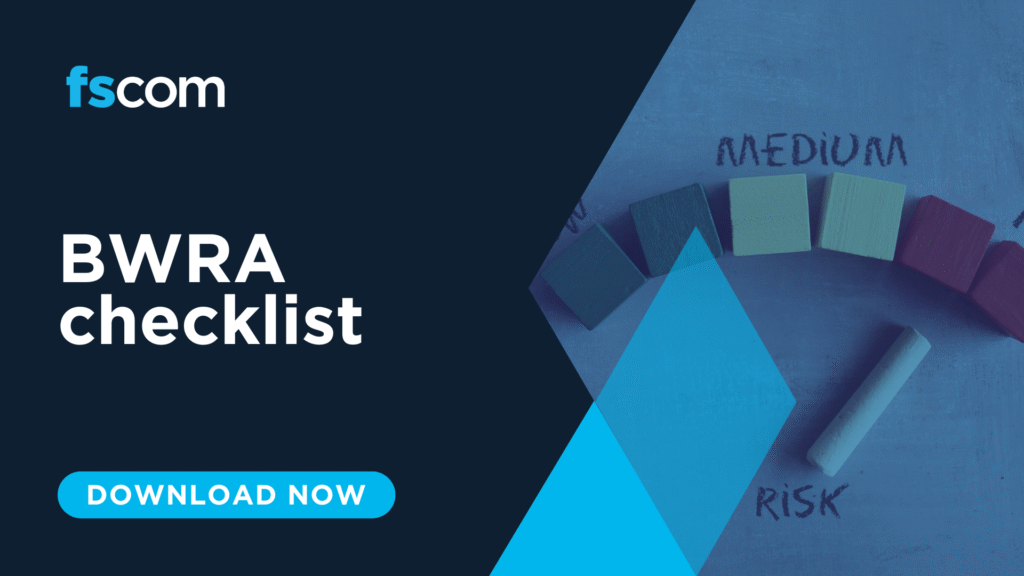Insights
Our compliance maturity specialists explore the key issues in a constantly evolving regulatory landscape.
Regulations and Compliance
Sign up for our newsletter for expert insights that will help you stay ahead of the compliance curve.
Ready to advance your compliance maturity?
Connect with our sector specialists for tailored guidance on where you stand - and where to go next. Whether you need authorisation, assurance or a path through regulatory pressure, we'll help you take the next step with clarity and confidence. Let’s talk.

















